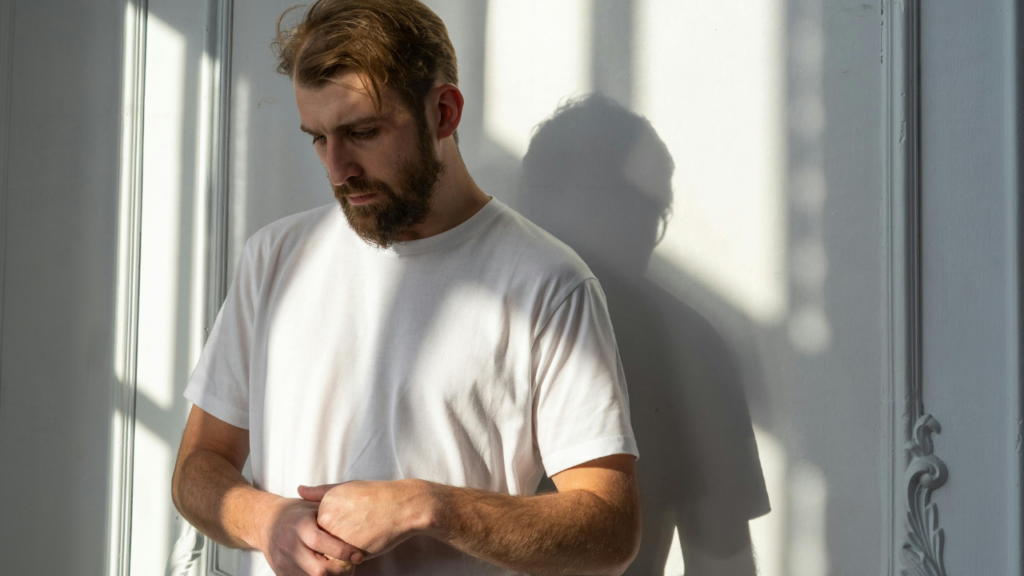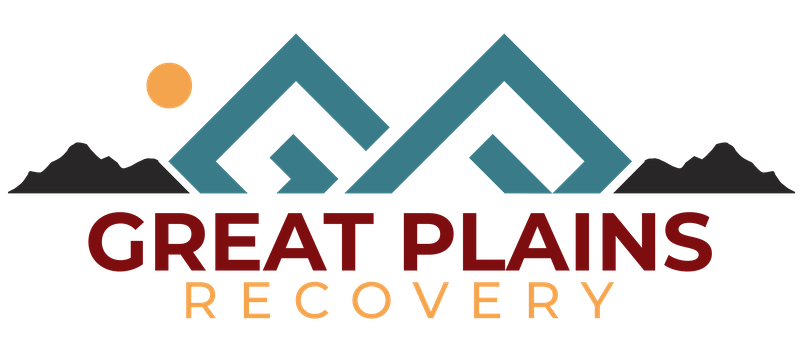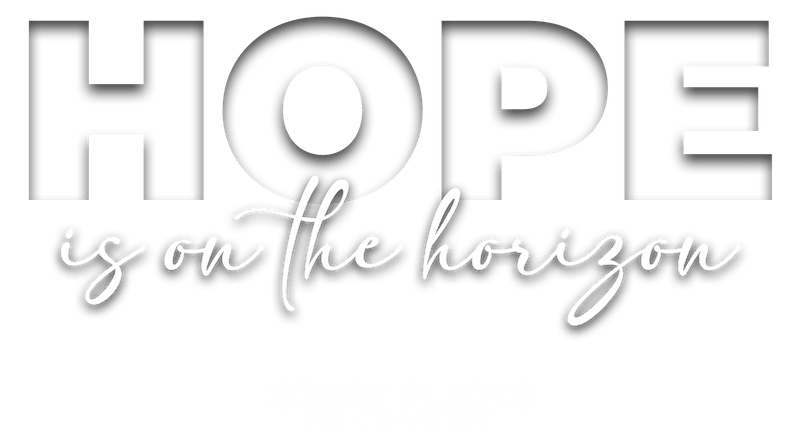February 18, 2025

At Great Plains Recovery Center in Tulsa, we provide comprehensive residential treatment for individuals throughout Oklahoma who are struggling with substance use disorders. Our inpatient program offers a structured, supportive environment where clients can focus entirely on their recovery journey, free from the distractions and triggers of everyday life.
Understanding Residential Treatment
Residential treatment, also known as inpatient care, is a critical step toward overcoming addiction. At our Tulsa facility, we offer a sanctuary—a controlled and secure setting where your recovery journey is our primary concern, devoid of external distractions and triggers that could impede progress.
Structure and Duration
Our residential program typically ranges from 30 to 90 days, depending on individual needs and progress. Each day follows a carefully designed schedule that includes:
- Group therapy sessions (morning and afternoon)
- Individual counseling appointments
- Educational workshops about addiction and recovery
- Structured meals
- Community support meetings, including 12-Step meetings
- Scheduled recreational and rest periods
This structured environment helps clients develop healthy routines while providing comprehensive treatment that addresses all aspects of addiction.
Our Evidence-Based Approaches
At Great Plains Recovery, we utilize proven therapeutic modalities that have demonstrated success in treating substance use disorders:
- Cognitive-Behavioral Therapy (CBT): Helps clients identify and change harmful thought patterns that lead to substance use
- Dialectical Behavior Therapy (DBT): Focuses on emotional regulation and distress tolerance
- Motivational Interviewing: Strengthens motivation and commitment to change
- 12-Step Facilitation: Integrates the principles of programs like AA and NA
- SMART Recovery: Offers an alternative, science-based approach to recovery
- Family Therapy: Addresses family dynamics that may contribute to addiction
Our treatment approaches are continually updated based on the latest research in addiction medicine and behavioral health.
Our Multidisciplinary Clinical Team
Recovery requires expertise across multiple disciplines. Our professional team includes:
- Board-Certified Addiction Medicine Physicians: Oversee medical aspects of treatment, including detoxification and co-occurring medical conditions
- Licensed Clinical Psychologists: Provide psychological assessments and specialized therapy
- Licensed Professional Counselors: Conduct individual and group therapy sessions
- Certified Addiction Counselors: Offer specialized addiction counseling
- Registered Nurses: Provide 24/7 medical monitoring and care
- Case Managers: Coordinate care and develop comprehensive discharge plans
- Recovery Support Specialists: Many with lived experience in recovery, providing peer support
Each team member brings specialized training and compassionate understanding to their role in supporting your recovery journey.

Residential treatment, also known as inpatient care, is a critical step toward overcoming addiction
Facility Amenities and Accommodations
Great Plains Recovery Center offers comfortable accommodations that support healing and recovery:
- Semi-private rooms with comfortable furnishings
- Nutritious, chef-prepared meals accommodating dietary restrictions
- Common areas for socialization and community building
- Outdoor spaces for reflection and recreation
- Exercise facilities for physical wellness
- Private spaces for individual therapy and reflection
- Technology access during designated times
Our Tulsa facility is designed to create a homelike environment that supports healing while providing the structure and security needed for effective treatment.
The Great Plains Recovery Difference for Oklahomans
What sets our program apart is our deep understanding of Oklahoma’s unique addiction challenges and cultural contexts:
- Oklahoma-Focused Care: We understand the specific substance use trends affecting our state, from prescription opioid issues to methamphetamine challenges in rural areas
- Cultural Competence: Our treatment approaches incorporate awareness of Oklahoma’s diverse cultural contexts, including Native American, rural, and urban populations
- Trauma-Informed Care: Recognizing Oklahoma’s high rates of adverse childhood experiences (ACEs), our program specifically addresses trauma as a root cause of addiction
- Local Connections: We maintain strong relationships with Oklahoma healthcare providers, court systems, and community resources
Residential vs. Outpatient Treatment: Making the Right Choice
While outpatient treatment allows clients to maintain daily responsibilities, residential treatment offers distinct advantages for many Oklahomans:
Benefits of Residential Treatment
- Immersive Healing Environment: Complete focus on recovery without external distractions
- 24/7 Support: Continuous access to professional care during vulnerable early recovery
- Removal from Triggers: Physical separation from environments associated with substance use
- Peer Community: Development of supportive relationships with others on similar journeys
- Structured Routine: Establishment of healthy daily patterns that support long-term recovery
- Comprehensive Care: Integrated treatment for co-occurring mental health conditions
- Reduced Relapse Risk: Higher completion rates and better early recovery outcomes compared to outpatient options
For many, particularly those with severe addiction, limited support systems, or unsuccessful previous treatment attempts, residential treatment provides the intensity and structure needed for successful recovery.
Admissions Process and Financial Considerations
Getting Started on Your Recovery Journey
Beginning treatment at Great Plains Recovery Center involves several straightforward steps:
- Initial Contact: Call our admissions team at 844-918-3518 for a confidential assessment
- Insurance Verification: We’ll check your benefits and explain coverage options
- Pre-Admission Assessment: A clinical evaluation to determine appropriate level of care
- Arrival and Orientation: Introduction to the facility, staff, and program expectations
- Personalized Treatment Planning: Development of your individualized recovery plan
Insurance Coverage for Oklahoma Residents
We work with most major insurance providers serving Oklahoma. For SoonerCare members, we can help navigate available benefits and supplemental coverage options or payment arrangements for services not fully covered.
Private Payment Options
For those without insurance or preferring private payment, we offer:
- Transparent fee structures
- Sliding scale options based on financial need
- Payment plans to make treatment more accessible
- Assistance exploring financing options
Our financial counselors work with each client to find the most manageable payment solution, ensuring that financial concerns don’t prevent access to needed treatment.
Aftercare Planning and Ongoing Support
Recovery doesn’t end when residential treatment concludes. Our comprehensive aftercare planning ensures continuing support for Oklahoma residents:
- Step-Down Care Options: Recommendations for appropriate levels of continuing care, including PHP, IOP, or outpatient services
- Recovery Housing Referrals: Connections to sober living options throughout Oklahoma
- Local Support Group Connections: Referrals to community-based recovery meetings in your home area
- Continuing Care Groups: Weekly alumni support meetings both in-person and virtual
- Recovery Coaching: Optional ongoing individual support from recovery coaches
- Alumni Community: Access to our active alumni network and events
- Digital Recovery Support: Mobile apps and online resources for continued guidance
For clients returning to rural areas with limited resources, we place special emphasis on developing sustainable support plans that account for geographic challenges.
Incorporating Oklahoma Cultural Contexts
We recognize that effective treatment must acknowledge the cultural contexts that shape our clients’ experiences:
- Rural Values and Challenges: Understanding the self-reliance, privacy concerns, and resource limitations common in rural Oklahoma communities
- Native American Heritage: Respecting and incorporating traditional healing practices when appropriate for Native clients
- Faith Communities: Honoring the importance of spiritual beliefs in many Oklahomans’ lives and recovery journeys
- Industry-Specific Pressures: Addressing unique challenges faced by those in oil/gas, agriculture, and other key Oklahoma industries
Our treatment approaches are sensitive to these contexts while maintaining clinical excellence and evidence-based practices.
Transitioning to Lower Levels of Care
As clients progress through residential treatment, we begin preparing for the transition to less intensive levels of care:
- Transition Assessment: Evaluating readiness for less structured environments
- Gradual Independence: Increasing personal responsibility while still in the supportive residential setting
- Community Integration: Supervised community outings to practice recovery skills in real-world settings
- Aftercare Planning: Collaborative development of post-residential support plans
- Warm Hand-offs: Direct connections to next-level providers rather than simple referrals
- Follow-up Support: Scheduled check-ins during the critical early transition period
This gradual, supported transition helps bridge the gap between intensive residential care and independent recovery management.
Begin Your Recovery Journey Today
Addiction doesn’t have to define your future. At Great Plains Recovery Center, we’ve helped hundreds of Oklahomans reclaim their lives through comprehensive, compassionate residential treatment.
Our dedicated team is standing by to answer your questions and guide you through the first steps toward lasting recovery. Recovery is possible, and it can begin today.
Contact Great Plains Recovery Center
Call: 844-918-3518
Our recovery specialists are available 24/7 to provide confidential information about our residential treatment program and help you begin your journey to recovery.
Located in Tulsa, we serve clients from throughout Oklahoma with evidence-based, compassionate care tailored to your unique needs and circumstances.
All consultations are completely confidential. Insurance verification available upon request.




